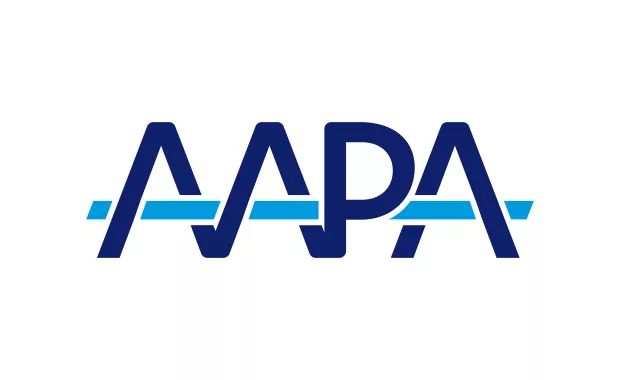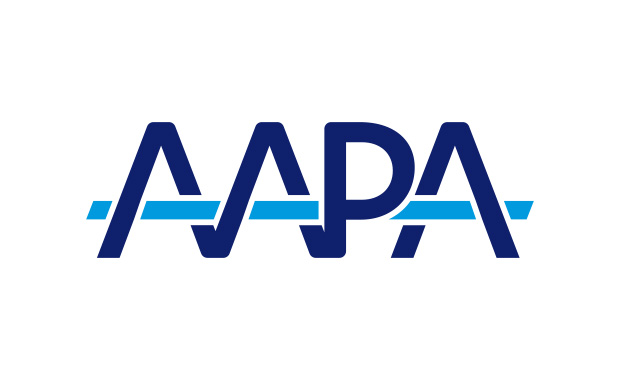CMS Expands Medicare Telemedicine Coverage
HIPPA Privacy Rules Temporarily Relaxed
March 18, 2020
The use of telemedicine can dramatically enhance the ability of healthcare providers to deliver timely medically necessary care, especially for those patients living in remote and underserved communities. The Medicare program reimburses PAs for providing all covered telemedicine services in the same manner as physicians. Generally, telemedicine services are paid under the Physician Fee Schedule at the same amount as in-person medical services.
On March 17, the Centers for Medicare and Medicaid Services (CMS) announced expanded Medicare telehealth coverage that will enable beneficiaries to receive a wider range of healthcare services from health professionals without having to travel to an office, clinic or health care facility. Previously, Medicare was only allowed to pay health professionals for telemedicine services in certain situations. For example, the beneficiary receiving the services needed to reside in a rural area and travel to a local medical facility to get telehealth services from a health professional in another location. In addition, the beneficiary would generally not be allowed to receive telehealth services in their home. This telemedicine coverage expansion, which became effective March 6, 2020, allows Medicare beneficiaries to receive a wide range of health benefits including evaluation and management services, mental health counseling and preventive screenings.
CMS issued Frequently Asked Questions that provide more detailed information to questions health professionals might have on delivering telemedicine services.
In addition, AAPA will be reaching out to commercial payers to strongly encourage those insurers to follow the CMS lead in making telemedicine services available to patients and ensuring PAs are fully covered under their telemedicine policies.
HIPAA Privacy Rules Temporarily Relaxed
The Office for Civil Rights (OCR) in the Department of Health and Human Services is exercising its authority during the COVID-19 emergency and, effective immediately, will not impose penalties on health professionals using telemedicine communication methods that are not in compliance with the traditional regulatory requirements under the Health Insurance Portability and Accountability Act (HIPAA).
This relaxation of HIPAA guidelines means that health professionals who want to provide telemedicine services to patients can use any non-public facing audio or visual service that is available. This discretion applies to telemedicine services provided for any reason, regardless of whether the telemedicine service is directly related to the diagnosis and treatment of health conditions related to COVID-19.
Health professionals may use audio-video applications that allow for video chats, including Apple FaceTime, Facebook Messenger video chat, Google Hangouts video, or Skype to provide telemedicine services without risk of violating HIPAA Rules.
OCR warns that under this guidance Facebook Live, Twitch, TikTok, and similar video communication applications are public facing, and should not be used in the provision of telehealth by HIPAA-covered health care professionals.
Temporarily Waiving Patient Cost Sharing Obligations for Telemedicine Services Not a Violation
The Office of Inspector General (OIG) issued a notice that the agency will not seek administrative sanctions or penalties for health professionals who reduce or waive any cost-sharing obligations (i.e., deductibles or co-pays) Federal health care program beneficiaries may owe for telemedicine services provided during the COVID-19 emergency declaration.
Generally, any failure to collect deductibles or co-pays from patients is a violation of the Federal antikickback statute and subject to various civil monetary penalties and exclusion laws. This OIG provision will hold a health professional harmless if cost sharing obligations are not collected for a telemedicine “visit.”
Note: Health professionals are not required to reduce or waive cost-sharing obligations Federal health care program beneficiaries may owe for telehealth services.
For more information contact [email protected].



